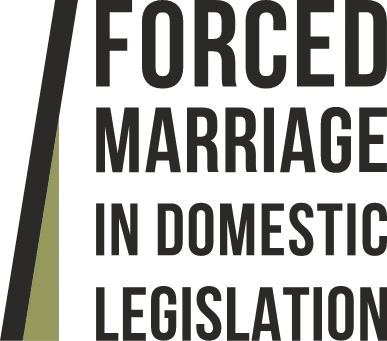
About the FMLD data set
To assess the extent to which forced marriage and related concerns have been addressed in domestic law, the Forced Marriage in Domestic Legislation database compiles the constitutional, criminal, labour, civil, and family law of all 193 UN Member States, drawing provisions related to the following practices and concerns from these texts:
- Forced marriage
- Servile matrimonial transactions
- Marriage trafficking
- Consent to marriage
- Minimum age for marriage
From over 550 domestic statutes, over 1,500 individual legislative provisions have been extracted and analysed to establish the extent to which each and every State has addressed these practices through national-level domestic legislation.
Within the Forced Marriage in Domestic Legislation database, legislative provisions are collated with a global mapping of States’ commitments to relevant international instruments. This allows for consideration of States’ international obligations with regard to forced marriage and related concerns, and the extent to which these have been realised through national law. The database also incorporates a range of additional instruments for analysis, including universal and regional human rights, women’s rights, and children’s rights treaties.
For each of the 193 UN Member States, relevant descriptive characteristics supplement information on international obligations and domestic legislation. These characteristics include the kind of legal system in place in the country, geographic region, and membership in regional organisations. Additional explanatory variables have been introduced to assess the extent to which different factors relate to States’ international commitments and domestic legislation addressing forced marriage and related concerns.
Collectively, this information provides the foundation for our global quantitative analysis, as well as for the 193 Country Reports published on the online platform. Each Country Report sets out the international instruments to which the State is party, and the various international obligations on forced marriage and related concerns flowing from these undertakings. Each Report then provides analysis of the domestic legislation the State has enacted to fulfil these international commitments.
